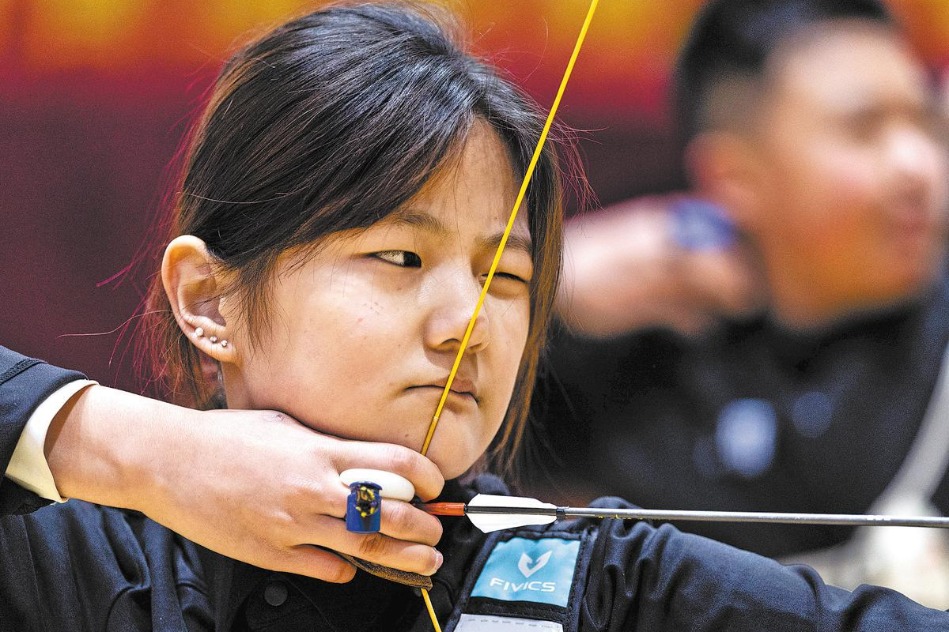Here's how to make players meet their goals


The General Administration of Sport of China and the Ministry of Public Security held a joint news conference on Tuesday about their crackdown on match fixing, betting and biased refereeing in the soccer sector, following which 83 staff members were detained among which 44 sentenced to jail for varying years.
This is not the first crackdown against corruption in the domestic soccer sector. Since the early 1990s several corruption cases in the domestic soccer sector have emerged, with soccer players, officials, coaches and judges all being involved. That move has hit the point because corruption is a key cause for the state of things that when China lost 0-7 to Japan on Thursday, on which somebody mocked on social media that livestreamers were unable to show the score as they had only prepared scorecards showing a maximum of six goals.
Among the problems in the domestic soccer sector, one must be lack of real professionalism despite the professionalization reform that started in 1993. Clubs were formed, but power and responsibility were not clearly earmarked between clubs and multiple soccer associations, with the latter still having a too big say in organizing matches. In some sense, it is the huge power they wield that has made soccer officials abuse it to end up in jail.
Besides, the youth training system of domestic soccer players is unsustainable. A Sporting Intelligence report in 2019 showed that the average annual salary of Chinese Football Association Super League players was $1.05 million, ranking 6th globally among the major sport leagues. Such high pay traps domestic players, curbing them from seeking an improvement in skills overseas.
On the other hand, the high salary does little to attract more Chinese youth to the soccer field because most soccer players come from professional sporting schools, where they generally lag behind in studies. But if these professional sporting school students fail to make it to the national soccer team or any prominent one, they will have little chance of entering a good college, either. That’s why most sport school students quit by the time they are 12 — they cannot bear the risk of failing to make it anywhere in life and instead seek academic education in a middle school.
That’s why soccer is not a popular sport among the domestic youth. Until and unless all Chinese students, and not just professional sport school students, play soccer during recess, or, until Chinese soccer players play in international contests, the men’s national soccer team will not make it to the World Cup.


































